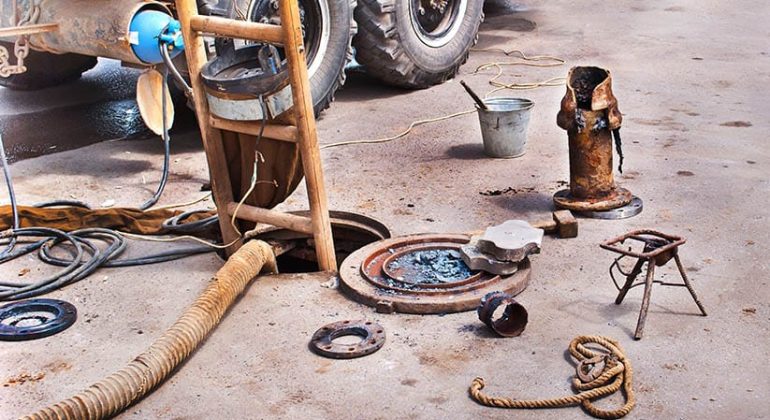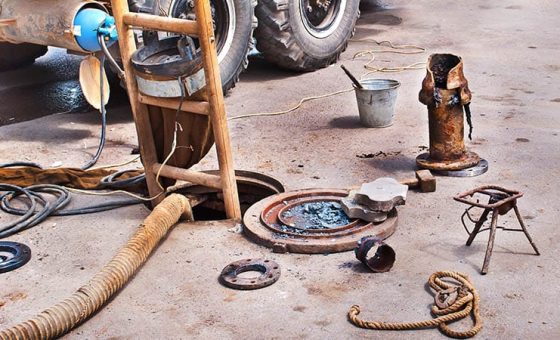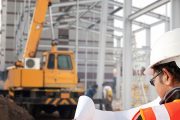Views
Ever homeowner has certain questions when they hire drain cleaning services and want to know the answers to those questions. The homeowners should know the answers because it will help them learn more about the drain system, faults, drain issues, tools necessary to repair drains and taking care of whole drain system. This post contains all the important questions homeowners want to ask their sewer cleaning companies.
Questions about Sewer cleaning
Q # 1: What’s the main line?
A main line is the pipe that the drain cleaning services install in order to pump the wastewater out of the building or home. All the pipes and drains of a building fall in the main line that further carries the waste water and it’s then transported to wastewater treatment system.
Q # 2: What causes a clogged sewer line?
There are multiple reasons when it comes to why the sewer lines are blocked or get clogged. The most common reason is leaving tree sections, plants, broken pipes, debris and other such stuff. The tree roots can grow and turn into plants blocking the sewer line. When the line gets blocked, it’s called clogging. And clogging causes drain to stop working and wastewater is not released.
Q # 3: What should I not release in sinks or toilets?
There are a good number of things and items that should not be thrown into sinks and toilets. However, most important are strong alcohol, grease and other food leftovers. These things block the path and cause severe clogging.
Q # 4: What are the reasons of sewer smell in a basement?
Most of the time basement produces smell because the sewer pipe is damaged or uncovered. The section where it’s damaged releases the smell that spreads in the whole basement and creates problems for the residents.
Q # 5: Why shouldn’t I use acid?
This is something most of the people want to know. Acid is dangerous and penetrates quickly into the drain lines. Whether it be a toilet or sink, you should not use acid because it damages the drain system and reduces life of the drain pipes. Thus the pipes expire a long before they should and cost the building or homeowners to pay more for maintenance.
Q # 6: How to fix a clogged drain?
There are a few ways that actually work when it comes to fixing a clogged rain. However, all methods have their pros and cons. When it comes to the best method for cleaning a clogged drain and that’s using a plunger or chemicals. If the clog is not too heavy, a good chemical should be fine. In case of heavy or severe clogging, the homeowners should use a plunger or call a drain cleaning service.
Q # 7: What happens when drain is clogged?
Drain carries all the wastewater of a building or house that’s then transported to wastewater treatment plants. However, if the drain is clogged or blocked, the wastewater will not be released. When wastewater is not released, drains get stuck and become full of the waste. Homeowner can’t further use sinks, toilets and showers. If they do so, the wastewater enters their houses, kitchen, gets out of the sinks and toilets. That refers to a huge mess in the house.
Q # 8: What causes low pressure water?
Low pressure water is seriously one of the worst problems for the homeowners and building owners. There are many reasons behind this and why the water pumped into lines comes with low pressure or too low to be used. The possible reasons are valves can be shut off, pipes might be clogged, crimped water lines or there can be issue with water being sent to the lines on the water providers end.
Q # 9: When should I hire a sewer cleaning company?
This is really an important question for multiple reasons. First if you don’t know anything about drains or plumbing, you will pay more that means more expenses. Second, you may end up paying for a repair or maintenance work that should have been done at home. So now coming to when you should hire sewer cleaning companies westchester ny, if the problem with drain system, toilets or pipes is out of control you should call the sewer cleaning service and ask for immediate fixing. However, anyone can learn the basics of plumbing, using tools, locating main lines, fixing toilets and sinks in order to save money.














